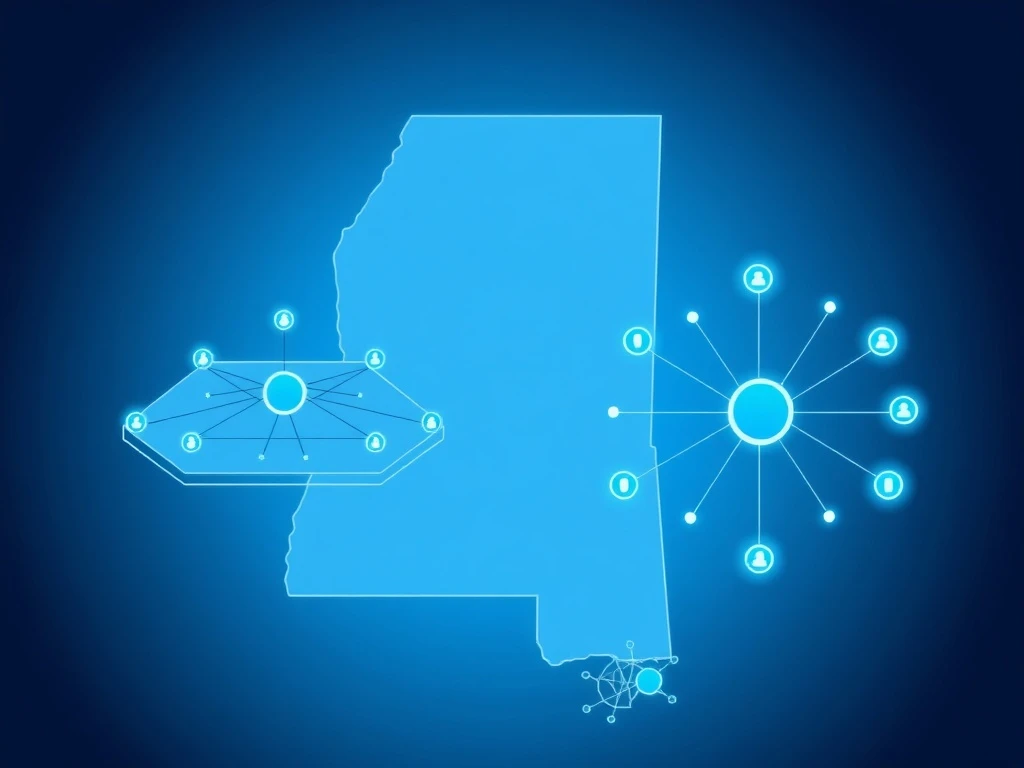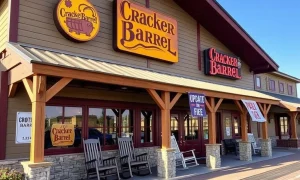Mississippi’s sweeping age verification legislation has thrust decentralized social networks into an unprecedented legal crucible, forcing platforms to choose between compromising their fundamental principles or abandoning an entire state’s user base. This confrontation represents a pivotal moment for the future of online freedom and platform governance.
Mississippi’s HB 1126 Law Creates Immediate Crisis
The controversial House Bill 1126 mandates strict age verification for all social media users. Consequently, platforms must implement extensive technical changes or face severe penalties. Specifically, non-compliance risks fines reaching $10,000 per user. Bluesky’s leadership made the difficult decision to block Mississippi access entirely. They cited limited resources and privacy concerns as determining factors.
Decentralized Social Networks Respond Differently
Mastodon founder Eugen Rochko immediately highlighted the advantages of true decentralization. He emphasized that no single entity can block an entire state from the fediverse. However, Bluesky board member Mike Masnick countered this optimism. He questioned whether large Mastodon instances would willingly pay massive fines for Mississippi users.

Technical Workarounds Emerge Quickly
Mississippi users rapidly developed alternative access methods:
- Third-party clients like Graysky and Skeets
- Sideloaded applications through AltStore platform
- Independent PDS instances such as Blacksky
- VPN services masking user locations
These solutions provide temporary relief but lack long-term stability. Developers must constantly evaluate legal risks.
Protocol Differences Create Distinct Challenges
Bluesky’s AT Protocol focuses primarily on account portability and moderation decentralization. Conversely, Mastodon’s ActivityPub protocol enables true server independence. Currently, Bluesky remains largely dependent on its own infrastructure despite protocol capabilities. This structural difference significantly impacts compliance abilities.
Broader Implications for Internet Freedom
Mississippi’s legislation reflects a growing national trend. Several states including Arizona and Virginia are considering similar measures. These laws disproportionately affect smaller platforms while benefiting tech giants. Large corporations possess resources for compliance that startups lack. Ultimately, this dynamic could reduce online diversity and innovation.
Legal Uncertainties Complicate Enforcement
The law’s broad language creates interpretation challenges. It potentially affects message boards, chat rooms, and various online platforms. Enforcement against truly decentralized networks presents particular difficulties. Authorities must identify responsible parties among distributed infrastructure. This complexity might protect some services while endangering others.
Future of Decentralized Social Networks
This confrontation demonstrates both strengths and weaknesses of decentralized models. While resistant to single-point failures, these networks still face legal pressures. The outcome will influence similar legislation nationwide. Platforms must balance principles with practical survival considerations. Users ultimately benefit from having multiple alternatives available.
Frequently Asked Questions
What exactly does Mississippi’s HB 1126 require?
The law mandates that social media platforms verify users’ ages through approved methods before granting access to their services.
Why did Bluesky choose to block Mississippi instead of complying?
Bluesky cited limited resources for implementing required technical changes and concerns about user privacy implications.
How does Mastodon’s decentralized structure provide protection?
Since Mastodon consists of thousands of independent servers, no single entity can block access for an entire state or region.
Can Mississippi legally target individual Mastodon instance operators?
Yes, the law’s broad language potentially allows targeting instance operators, though enforcement would be complex.
What are the best current workarounds for Mississippi users?
Third-party clients, VPN services, and alternative Bluesky instances currently provide the most reliable access methods.
Are other states considering similar legislation?
Yes, Arizona, Wyoming, South Dakota, and Virginia have all proposed or are considering similar age verification laws.






